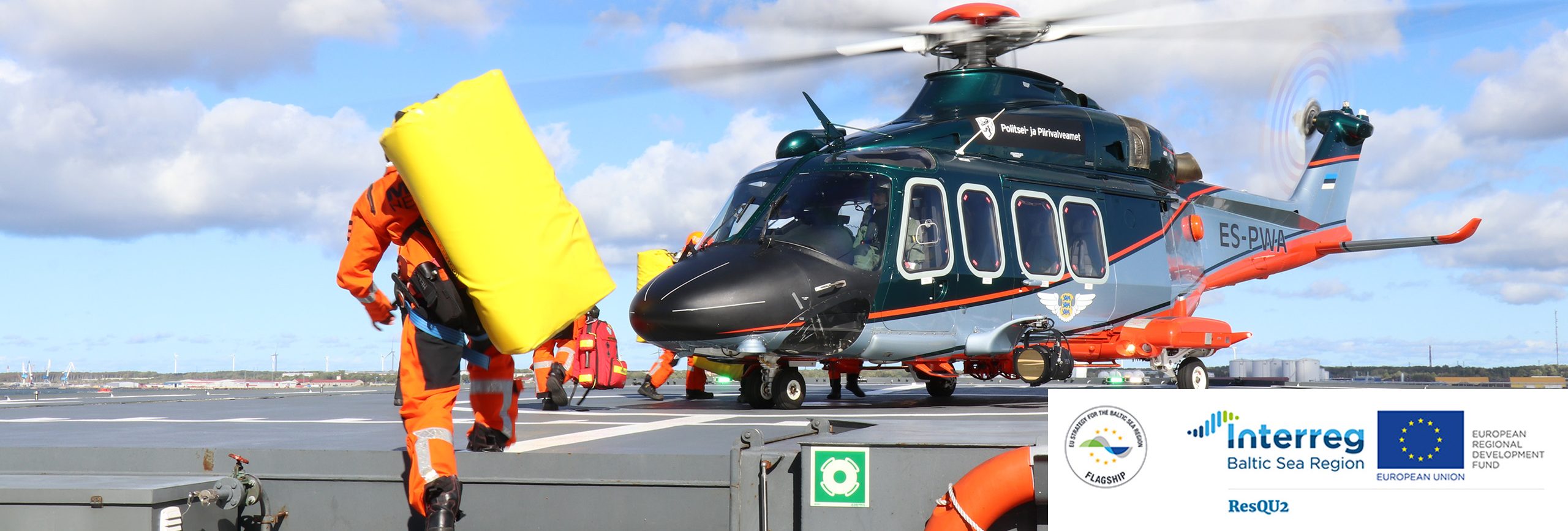Two new papers about risk management for seaport has been published by our HAZARD project partners.
Risk Management in Sea Ports – Insights and Trends
Authors: Darius Bazaras & Ramūnas Palšaitis
The Article was built on the material, insights and findings of the international project HAZARD – MITIGATING THE EFFECTS OF EMERGENCIES IN THE BALTIC SEA REGION PORTS 2016–2019.
Hazard’s project activities involved a range of analytical activities related to security and risk management. It was analyzed the possibility of hazardous situations, incidents and accidents caused by handling and other work in the ports. Accidents and incidents are associated with an explosion, fire, and material spill hazard. Great attention was paid to risk management and development of preventive measures, as well as improvement of interinstitutional cooperation measures. The research and results of the project are presented in this article.
CoRiMaS—An Ontological Approach to Cooperative Risk Management in Seaports
Authors: Salvatore F. Pileggi, Marius Indorf, Ayman Nagi, Wolfgang Kersten
Abstract:
For today’s global value chains, seaports and their operations are indispensable components. In many cases, the cargo handling takes place in close proximity to residential and/or environmentally sensitive areas. Furthermore, seaports are often not operated by a single organization, but need to be considered as communities of sometimes hundreds of internal and external stakeholders.
Due to their close cooperation in the cargo handling process, risk management should be a common approach among the internal stakeholders as well in order to effectively mitigate and respond to emerging risks. However, empirical research has revealed that risk management is often limited to the organization itself, which indicates a clear lack of cooperation.
Primary reasons in this regard are missing knowledge about the relations and responsibilities within the port and differing terminologies. Therefore, we propose an ontology (CoRiMaS) that implements a developed reference model for risk management that explicitly aims at seaports with a cooperative approach to risk management.
CoRiMaS has been designed looking at the Semantic Web and at the Linked Data model to provide a common interoperable vocabulary in the target domain. The key concepts of our ontology comprise the hazard, stakeholder, seaport, cooperation aspect, and risk management process. We validated our ontology by applying it in a case study format to the Port of Hamburg (Germany). The CoRiMaS ontology can be widely applied to foster cooperation within and among seaports.
We believe that such an ontological approach has the potential to improve current risk management practices and, thereby, to increase the resilience of operations, as well as the protection of sensitive surrounding areas.

